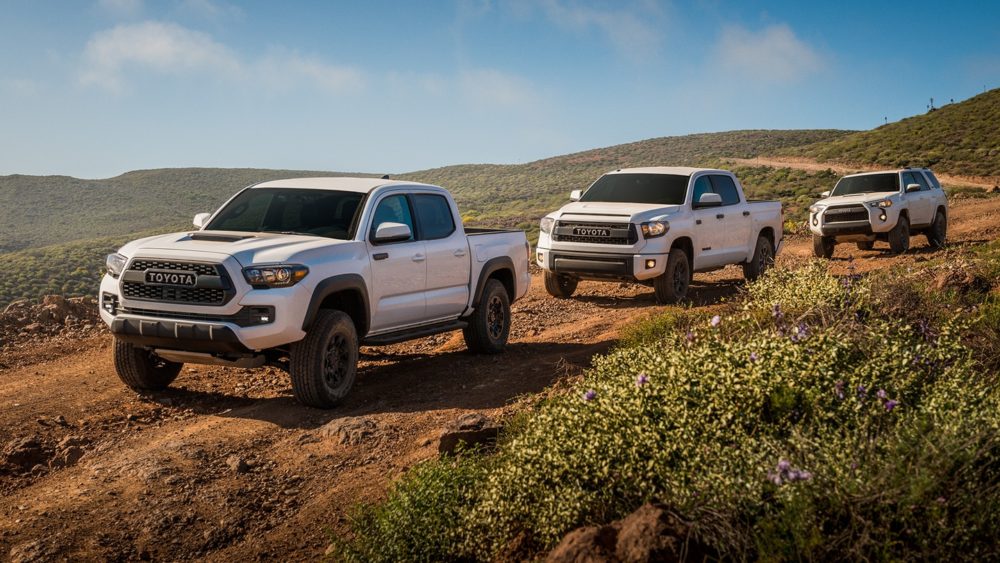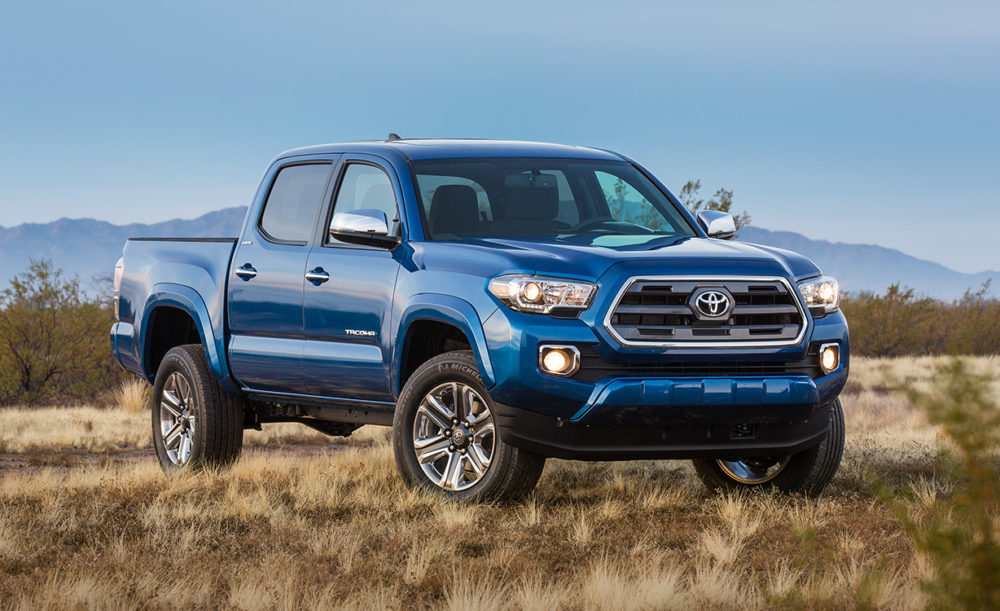Do Trucks Owners Really Care About Fuel Economy?
Cheap gas, consumer demand and loosening EPA regulations create the impression that we don’t care about fuel economy. But is that the truth?
It was only a few years ago when we saw gas prices soar to heights not seen in decades. This was the new reality, we were told. Inefficient and heavy trucks and SUVs saw their sales tank as a result. And for a brief period of time, buyers sought out small, hybrid, and diesel-powered vehicles. But once fuel prices sunk, they wasted no time trading those economical rides for less efficient, bigger rides. And with trucks enjoying unprecedented popularity these days, it raises an interesting question. Do people who own them truly care about fuel economy?
Common sense would dictate that the answer is no. But the truth is a little more complicated. The recent redo of EPA-mandated fuel economy standards has reignited a nationwide debate on the topic. Originally, automakers were expected to achieve a fleet average of 54.5 miles per gallon by the year 2025. But that standard was based on the assumption that passenger cars would make up 67% of new vehicle sales by then. Today, trucks command 63% of the market. Cars? Only 37%.
Blame it (at least partially) on fuel prices. Back in 2012, the National Highway Transportation Safety Administration predicted that prices would hit $3.60 a gallon by the end of 2017. Instead, average U.S. pricing is hovering around $2.48. And as long as gas prices remain low, Americans seem poised to continue snapping up trucks and SUVs at an unprecedented rate.
Still, most manufacturers, including Toyota, haven’t turned their backs on fuel economy. The real question is, have consumers? Will the truck market survive another sudden spike in gas prices? Or will we see another mass exodus to more economical options? Automakers would be wise to hedge against that reality by making their truck offerings more efficient. Even if truck buyers truly don’t care about fuel economy.


